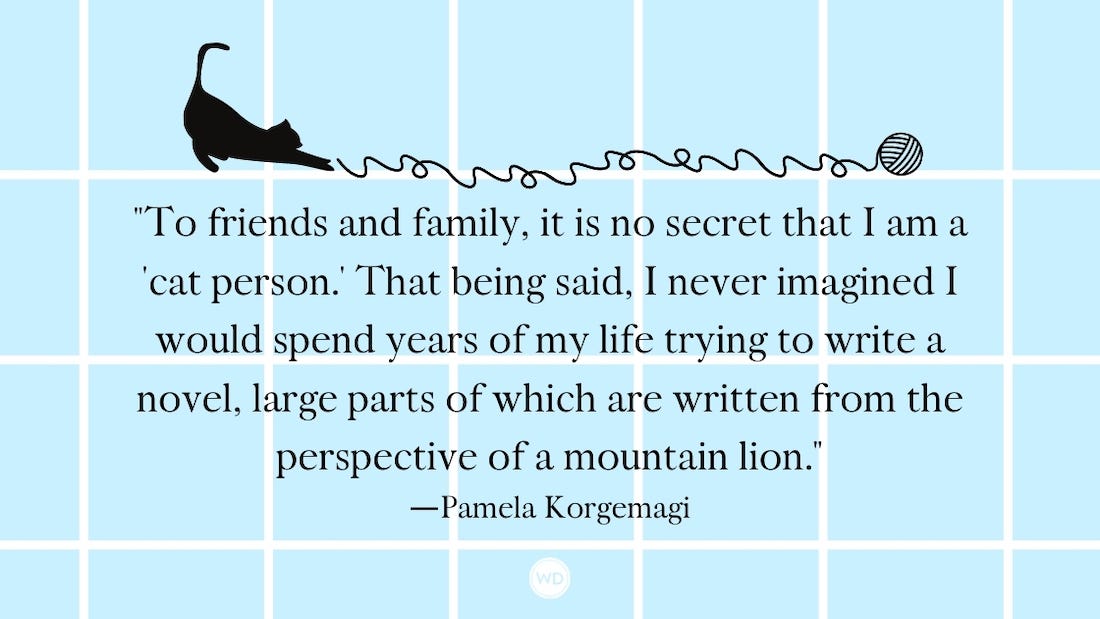Monetizing Free Books
I hope everyone had a wonderful New Year’s celebration. I sure did and I managed not to do anything embarrassing this year, which is good considering that number seven on…
I hope everyone had a wonderful New Year's celebration. I sure did and I managed not to do anything embarrassing this year, which is good considering that number seven on my 2008 resolution list was to "Stop Doing Embarrassing Things."
Anyway, Maria is still enjoying a much-deserved vacation in Florida, but that doesn't mean we want you to miss out on any writing news. So your favorite managing editors, Kara and I, are holding down The Writer's Perspective in her absence and will drop a few updates until our beloved editor returns.
I thought I'd kick things off with a wild idea: Could writers and publishers give all their books away for free and come out ahead financially? Sounds crazy, but Chris Anderson, editor-in-chief of Wired, doesn't seem to think the idea is too far-fetched. In an interview with Media, Anderson explains how authors and publishers could potentially monetize free books:
"Here is a thought experiment. The problem with me and an imaginary publisher is they are in the book-selling business and I am in the me-selling business. My job is to promulgate my ideas as far and wide as possible, to create monetization opportunities. I don't do all of these things but I could: speeches, consulting, board seats, better job offers. People write books to market their speaking engagements. We make a lot more money from speaking than from books, an order of magnitude more. The problem is the publisher doesn't benefit from any of that. The best way to sell me is to get my ideas spread as far and wide as possible and yet they are only participating in books. So the natural solution would be to cut them in for a share of my revenues regardless of where they come. I am not saying I am doing this, but you could make my book free and I give you 30 percent of all my revenues-speaking, consulting, whatever. You could take the agency model; our client is you and we're going to monetize you in every way we can and we'll get a percentage of that. It basically aligns the interests of the publisher and the writer."
You can read the full interview here, but in the meantime, what's your take? Can the Google model of giving all your information away and using it as a platform to sell other goods (in this case, yourself) work with books? Drop us a note in the comments section.
Take care of yourself and your writing,
Brian A. Klems
Online Managing Editor
Ps-Have a wonderful and success-filled 2008!
Jane Friedman is a full-time entrepreneur (since 2014) and has 20 years of experience in the publishing industry. She is the co-founder of The Hot Sheet, the essential publishing industry newsletter for authors, and is the former publisher of Writer’s Digest. In addition to being a columnist with Publishers Weekly and a professor with The Great Courses, Jane maintains an award-winning blog for writers at JaneFriedman.com. Jane’s newest book is The Business of Being a Writer (University of Chicago Press, 2018).









